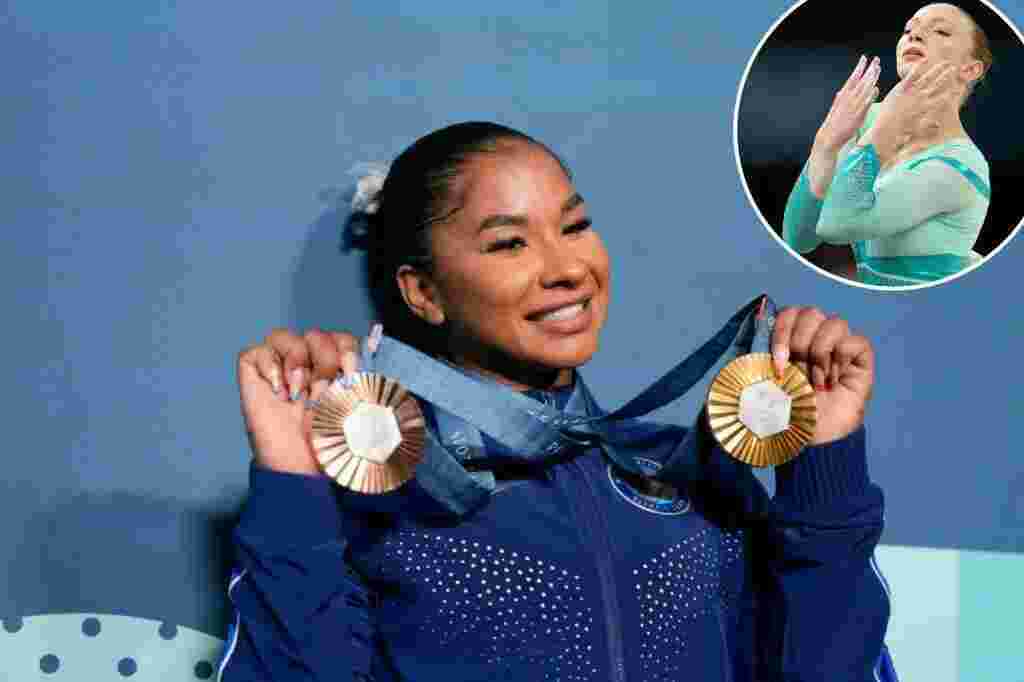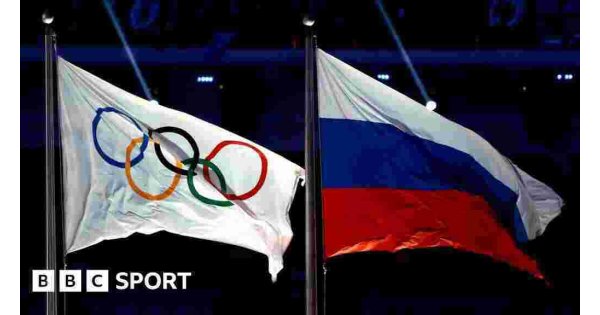A major conflict of interest has emerged in the Court of Arbitration for Sport's (CAS) decision to strip gymnast Jordan Chiles of her Olympic bronze medal and award it to Romanian Ana Barbosu. Documents reported by the New York Times revealed that Hamid G. Gharavi, the head of the three-person special tribunal that ruled on the complaint, has previously represented Romania in arbitration cases. This revelation has sparked outrage in the U.S. and fueled concerns about the fairness of the ruling.
The complaint filed by Romania alleged that the U.S. did not request an inquiry into Chiles' score before the one-minute cutoff time. While the U.S. claims to have video evidence proving their appeal was timely, the CAS did not reconsider its decision. The ruling, which reallocated the bronze medal to Barbosu, was made over the weekend with little information provided about the deliberation process.
Gharavi's history of representing Romania in legal disputes, including at the World Bank's International Centre for the Settlement of Investment Disputes, raises serious questions about his impartiality. The CAS, however, insists that Gharavi disclosed his work for Romania before the hearings and that no objections were raised by either party.
The CAS's statement, referencing guidelines from the International Bar Association, maintains that an arbitrator who makes such disclosures should not be removed if the parties do not object. This response has been met with skepticism, especially considering the precedent set by a similar case involving a Chinese swimmer. In that case, China successfully appealed a doping ruling to the Swiss Federal Tribunal, arguing that the tribunal chair had a bias against China.
USA Gymnastics has vowed to explore all available options, including appealing to the Swiss Federal Tribunal, to overturn the CAS decision. While the Swiss tribunal can only hear appeals related to procedural breaches, the Chiles case presents a compelling argument for such an appeal. The revelation of Gharavi's past representation of Romania significantly undermines the perceived fairness of the ruling and strengthens the U.S.'s case for a review.
The decision to award the bronze medal to Barbosu has left Chiles heartbroken and ignited a debate about the integrity of the CAS. The conflict of interest exposed in this case raises serious concerns about the transparency and impartiality of the arbitration process in international sports. This situation underscores the need for stricter guidelines and increased scrutiny regarding potential conflicts of interest within international sporting bodies.
Official who ruled against Jordan Chiles in Olympic medal dispute has deep Romanian ties
A major conflict of interest could be brewing in the decision surrounding the Court of Arbitration for Sport’s ruling to strip gymnast Jordan Chiles of her Olympic bronze medal and award it to Romanian Ana Barbosu.



